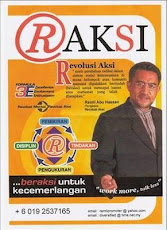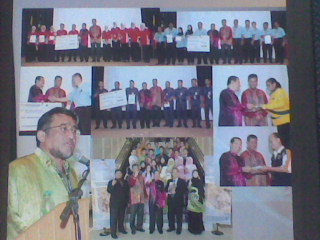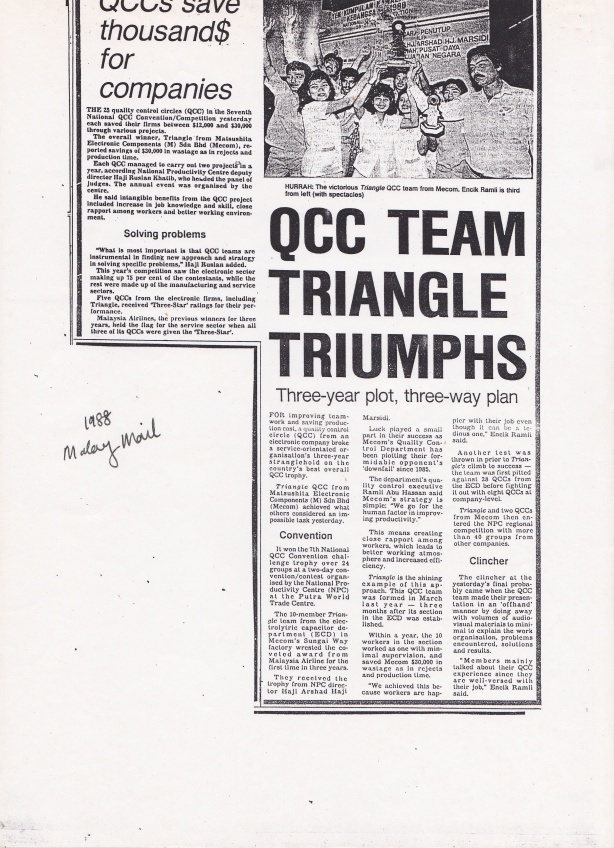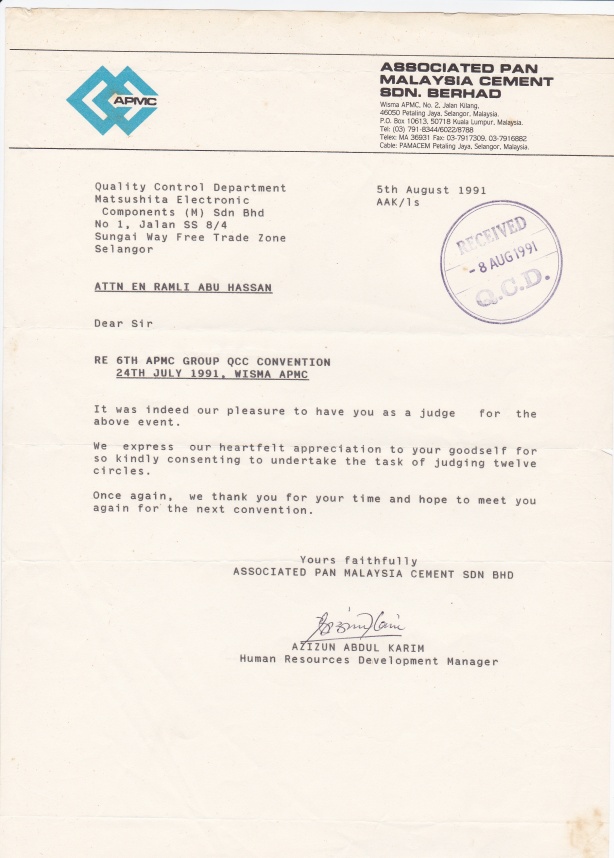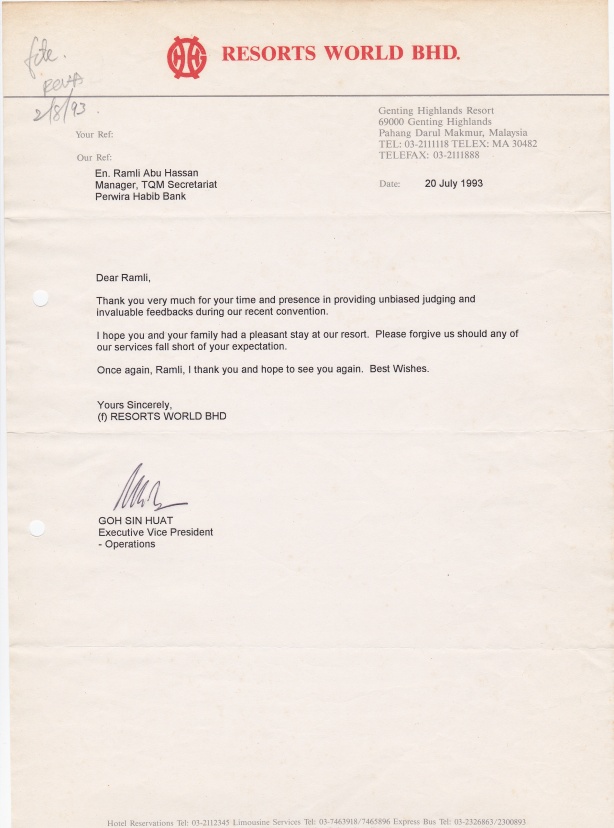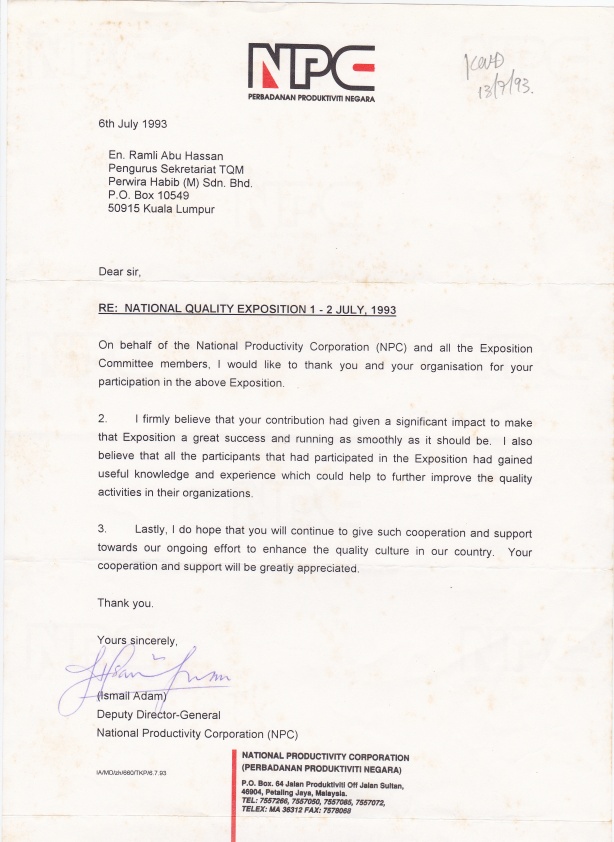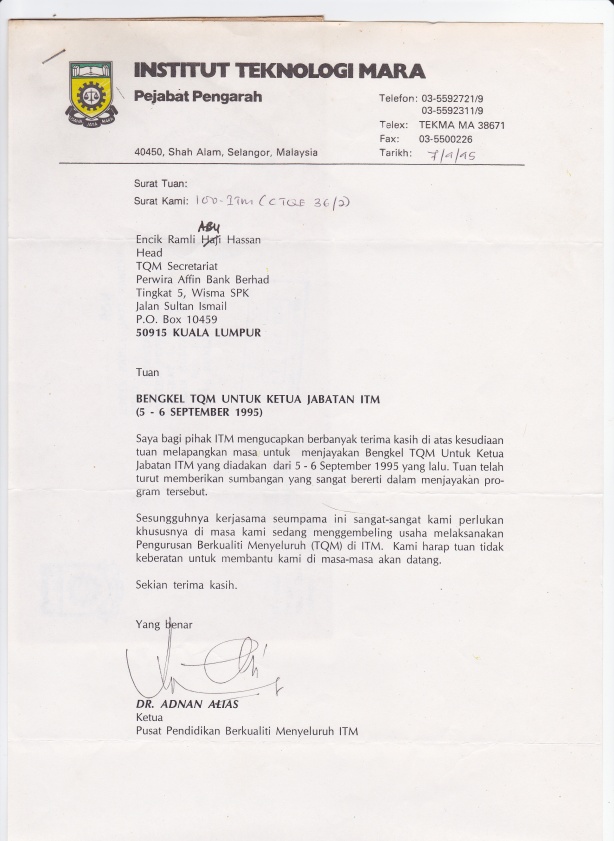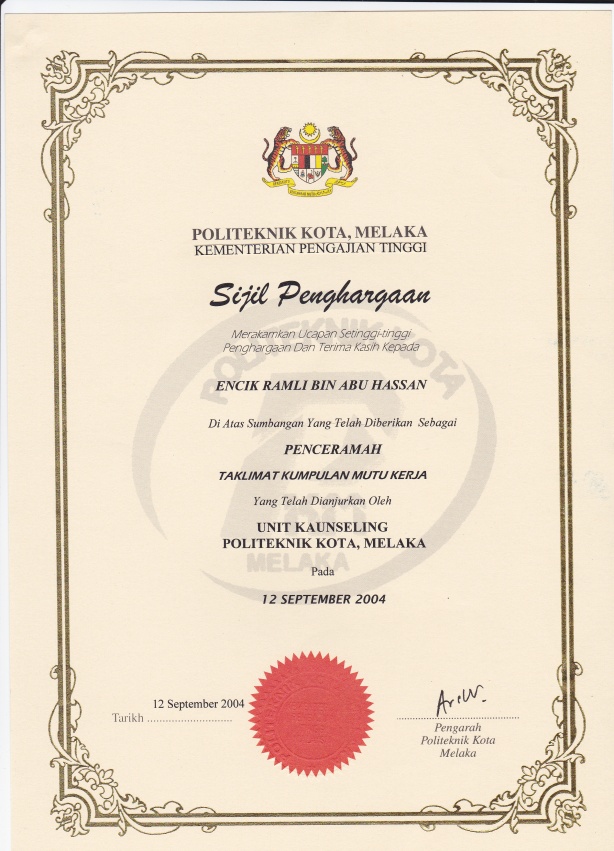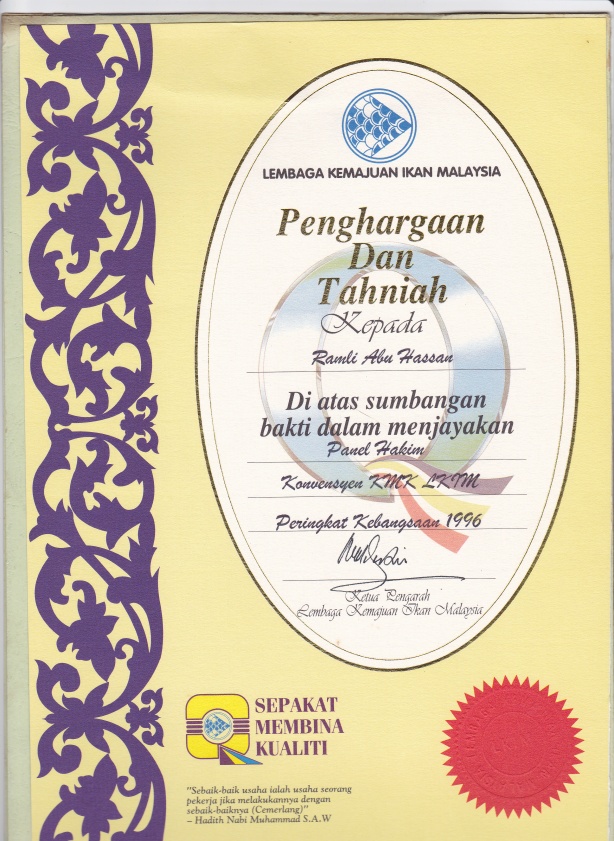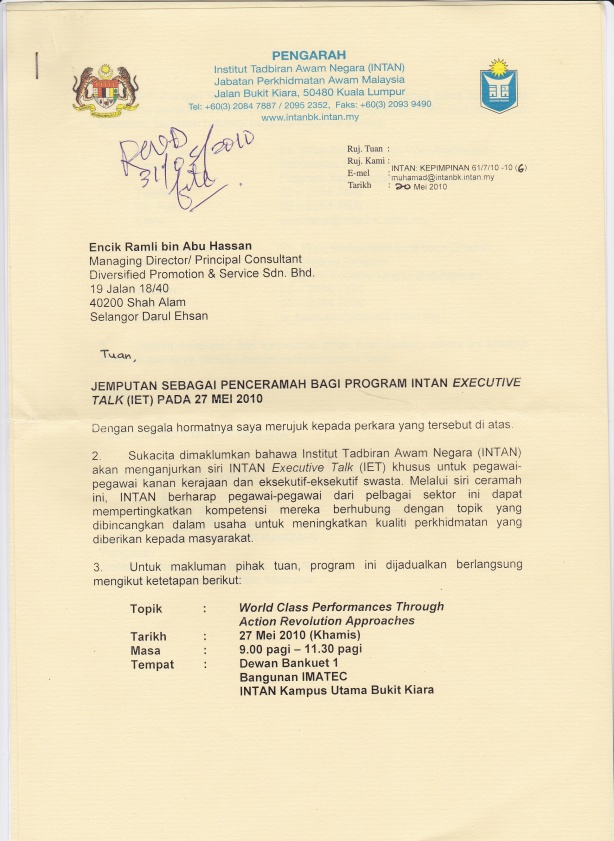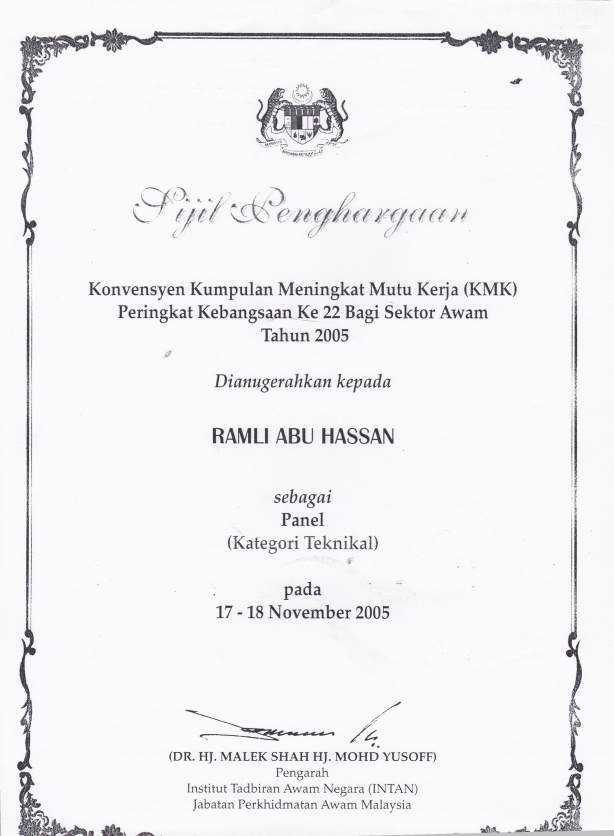The QCD Factor-why we need it so much to better our lives?
As we all know we only introduce the TQM Philosophy in Malaysia since early 1980s to be exact in 1981 since like other developing nations Malaysia also realized to be able to get good business results and satisfied customers we need to continually produced quality products that are of high quality,reasonable costs and delivered on time everytime in full.Actually this is what the QCD factor is all about!
The introduction of TQM as a business philosophy both in business and in the government sectors we realized the importance of People Quality to help produce Quality products and also making a Quality Organization.
Only with the painstaking tasks of making Quality Important can we ensure we produce work right the first time and everytime.We do not want to produce errors or make mistakes in our work.With zero defect thinking we can ensure processes are working right and everyone always want to work error free and maximise productivity while minimizing losses even to zero level wastages.
The TQM or TQC Philosophy have proven why the Japanese were able to become market leaders in the products they produce like TVs,Radios,cameras,cars and so many other electric and electronic products and their brands have become global names and loved by all.They managed to achieved that as a result of the quality way of doing their work and the quality mindset they professed at all levels of the organisation.They strictly practised quality and everyone must study quality and practise quality in their work as well in serving their customers all the time.
Many organisations also introduce TQM but many organisations also failed in their endeavours,why?
When we introduce TQM without the serious commitment of Top Management by dedicating their time,participation and support and only giving speeches without real actions then TQM will bound to fail.TQM can only flourish or work well when Top Management make it their passion and ensure everyone in their organisation do the same also.TQM have many designs and methodology and among the popular ones are:
- TQM must be studied by all and make it their culture in their company
- TQM must have tools and techniques to work well
- TQM is also about teamwork in actions
- TQM is all about having effective systems that everyone follow through
- TQM is also about making sure we have a Quality Planning,Quality Control and Quality Improvement in place.
- TQM is always about Satisfaction of the Customers
- TQM also begins at the Design Stage
- And many more….
Now in 2013,the TQM Philosophy have “slowed down” and many companies even government agencies like in Malaysia have not shown their great passion and commitment to make TQM as a sustaining culture or “the way we do things around here” mentality and the “tidak apa” ways have slowly crept in and important tools of TQM now seem irrelevant or unimportant like they used to be in the 1980s and 1990s..Why?
Project based teamwork like QCC or ICC in the private sectors and KIK in the Government Sectors are no more highly favoured and as a result workers apply less problem solving tools in their workplaces and the number of successfully completed projects become lesser and the ratio of participation in QCC or KIK have dropped drastically then before.So when we do less projects for control and improvement purposes then we are actually making less effort to help our organisation improves or sustained good outputs.Our cost of poor quality may increased and that effect our bottom line results also.For TQM based organisations the quantity of improvement projects is a measurement of good management and people participation.
The knowledge like the basics of The QCD Factor is also very important to ensure people work rightly and effectively all the time.They know why quality is important and how to achieve high quality.They also know the best ways to produce economically for their products and services.They also know that producing on time and in full will make their products becoming world class and loved by all customers.
Finally with the emphasised to make QCD Factor important just like TQM as a Business Philosophy still relevant maybe the right step towards sustaining excellent business results and producing quality people to help build quality organisations or companies.Now they say we must be better in managing uncertainties in the world especially like our business and knowing rightly the QCD Factor and also the TQM Philosophy can at least make certain uncertainties become certain and produce the goodn results as we want it to happen all the time and everytime.
Written by Ramli Abu Hassan
1st October,2013.
